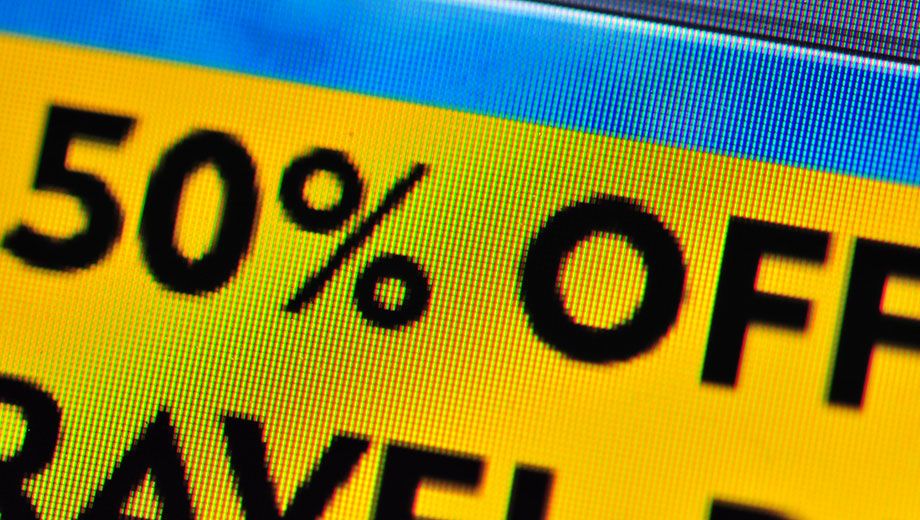A new scam could be set to emerge: legitimate-looking flight booking websites that will take you through the whole booking process, issue you an e-ticket and take your money -- without actually booking anything at all.
Western Australia Consumer Protection has issued a warning regarding one site purporting to be an Australian business selling airfares at up to half price. The regulator's investigations discovered it was being operated out of Eastern Europe.
The company was reported by another WA travel site for wrongly quoting its ABN. Since the release of the information, the website appears to have been taken down -- though some may have already handed over personal details.
The watchdog claims those running the site attracted users through social media. By advertising heavily discounted airfares on sites like Facebook and Twitter, the business was able to draw in visitors.
With Australians now mostly booking flights online (especially for simple domestic trips), this type of scam may become more common. Twitter and Facebook users avidly monitor cheap flight deals, and contribute to bargain-spotter websites, sharing new deals as they become available.
However, there are no quality control is in place to check where links will send users.
High-quality scam websites often look legitimate at first glance. In fact, they may be a direct copy of a famous airline or travel agent's homepage. Believing that the site can be trusted, unsuspecting users enter login information, private details and credit card numbers.
Such scams are virtually everyday occurrences on the world wide web in all sorts of categories -- predominantly eBay, PayPal and banking websites. However, this is the first time that Australian Business Traveller is aware of that a comprehensive Australian travel booking site has been set up solely to scam customers of their money.
If it seems too good to be true, it may be worth confirming the deal with a second source, such as a travel agent or airline.
To make sure you're not at a scam website, check to see that the URL in the address bar is the one for the website you're at. If you think you're visiting the Qantas page, for example, and the URL doesn't start with "http://www.qantas.com.au", you're probably being scammed.

Hi Guest, join in the discussion on Aus travellers targeted by online scam